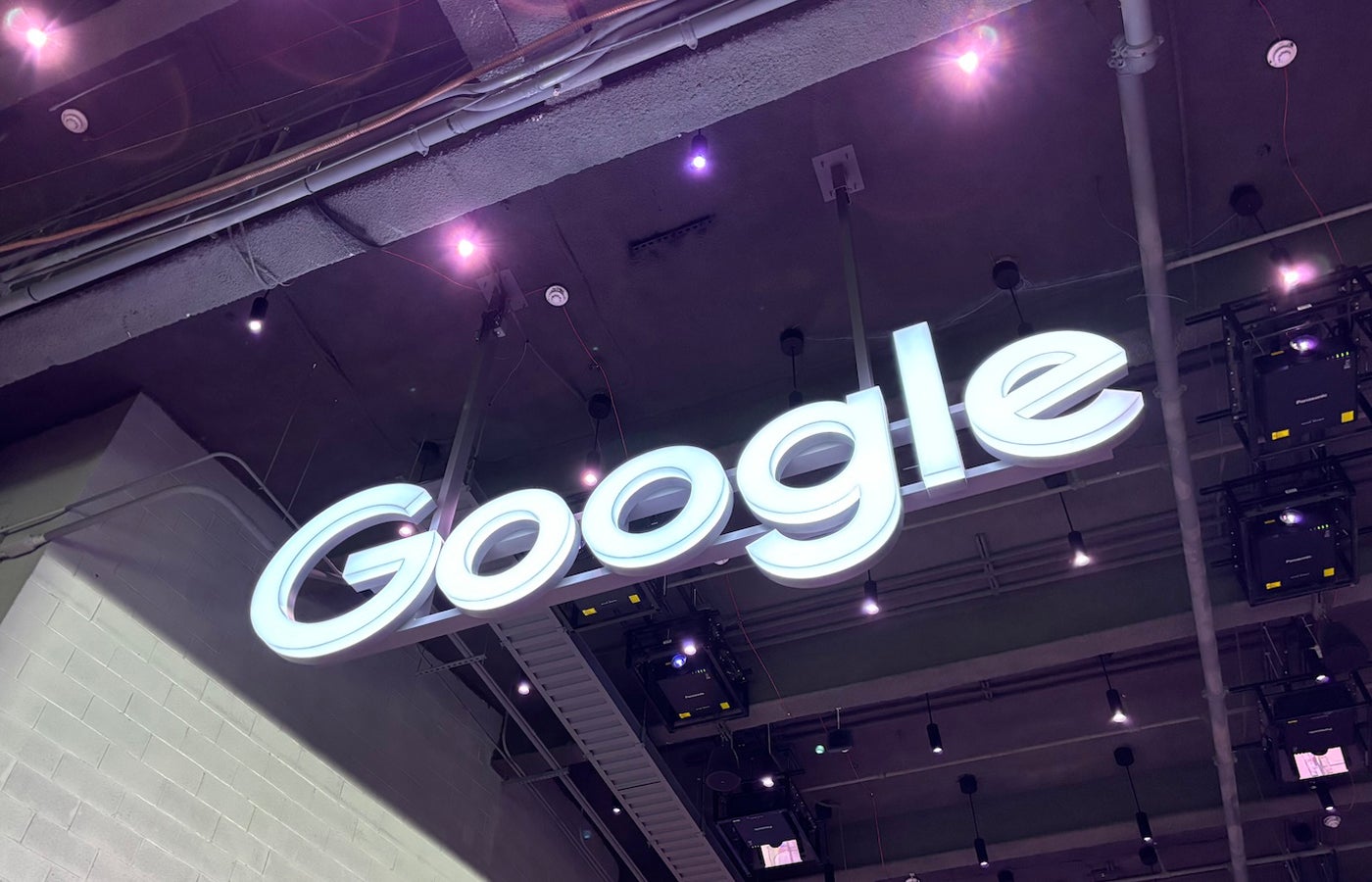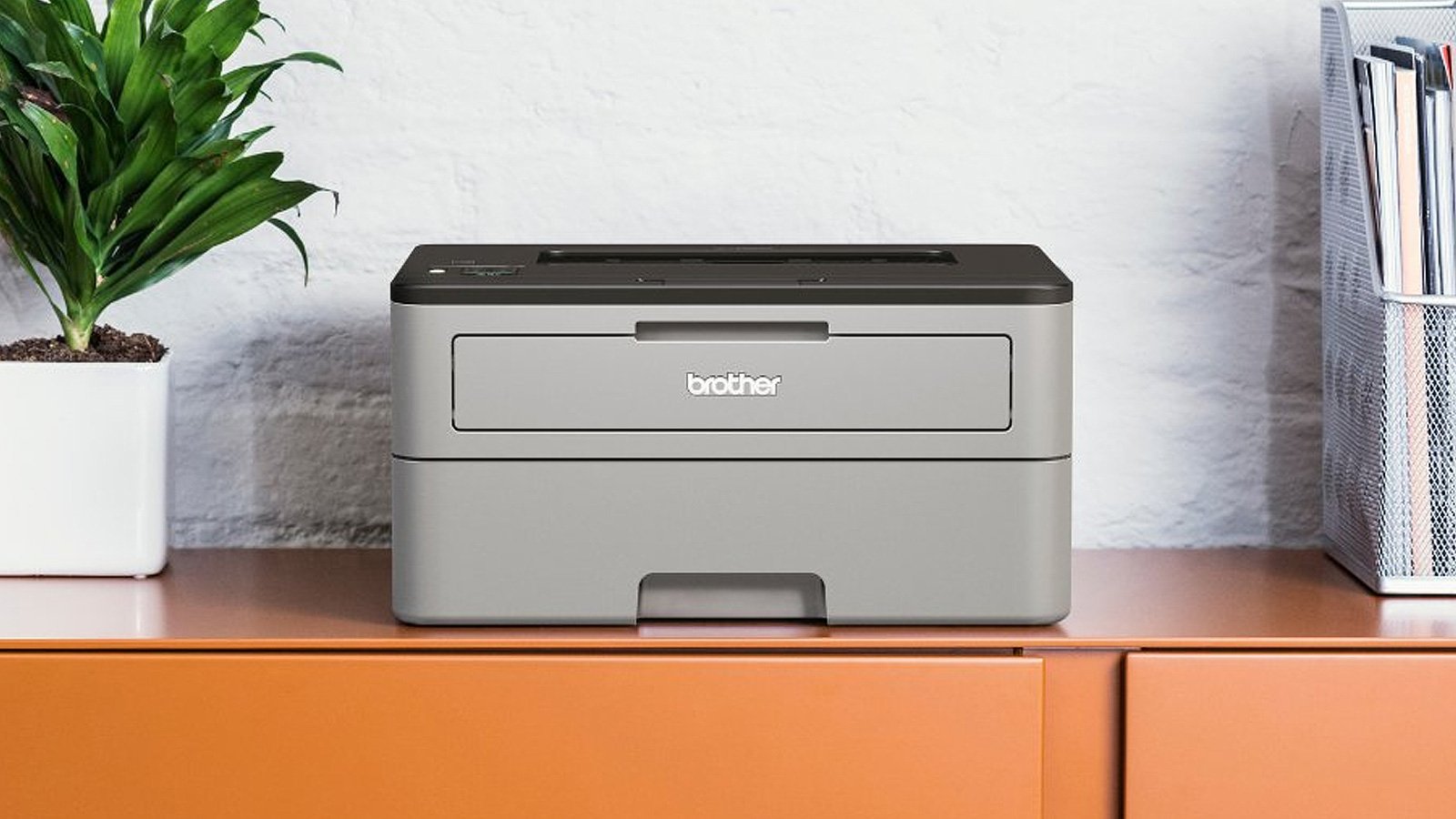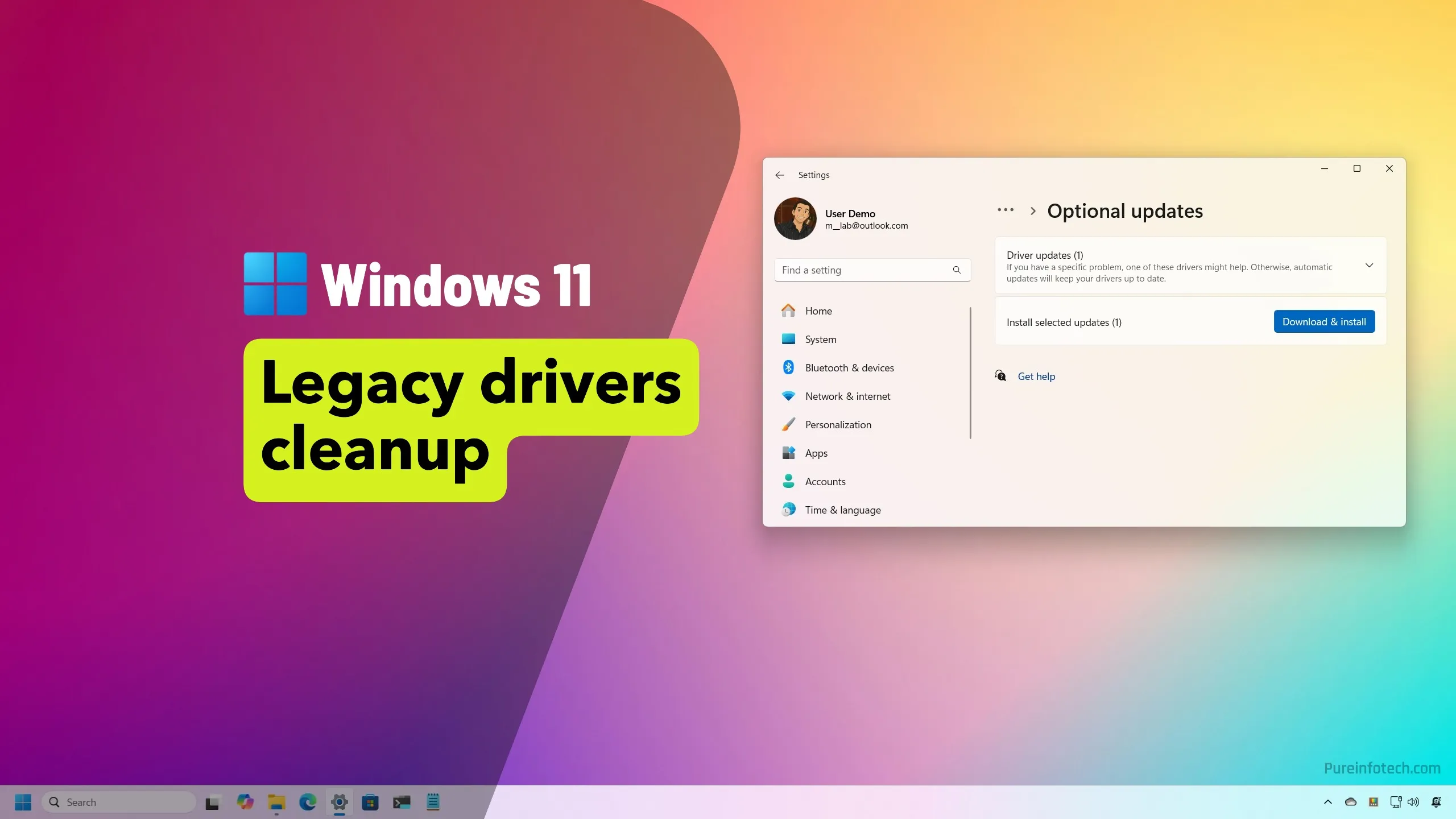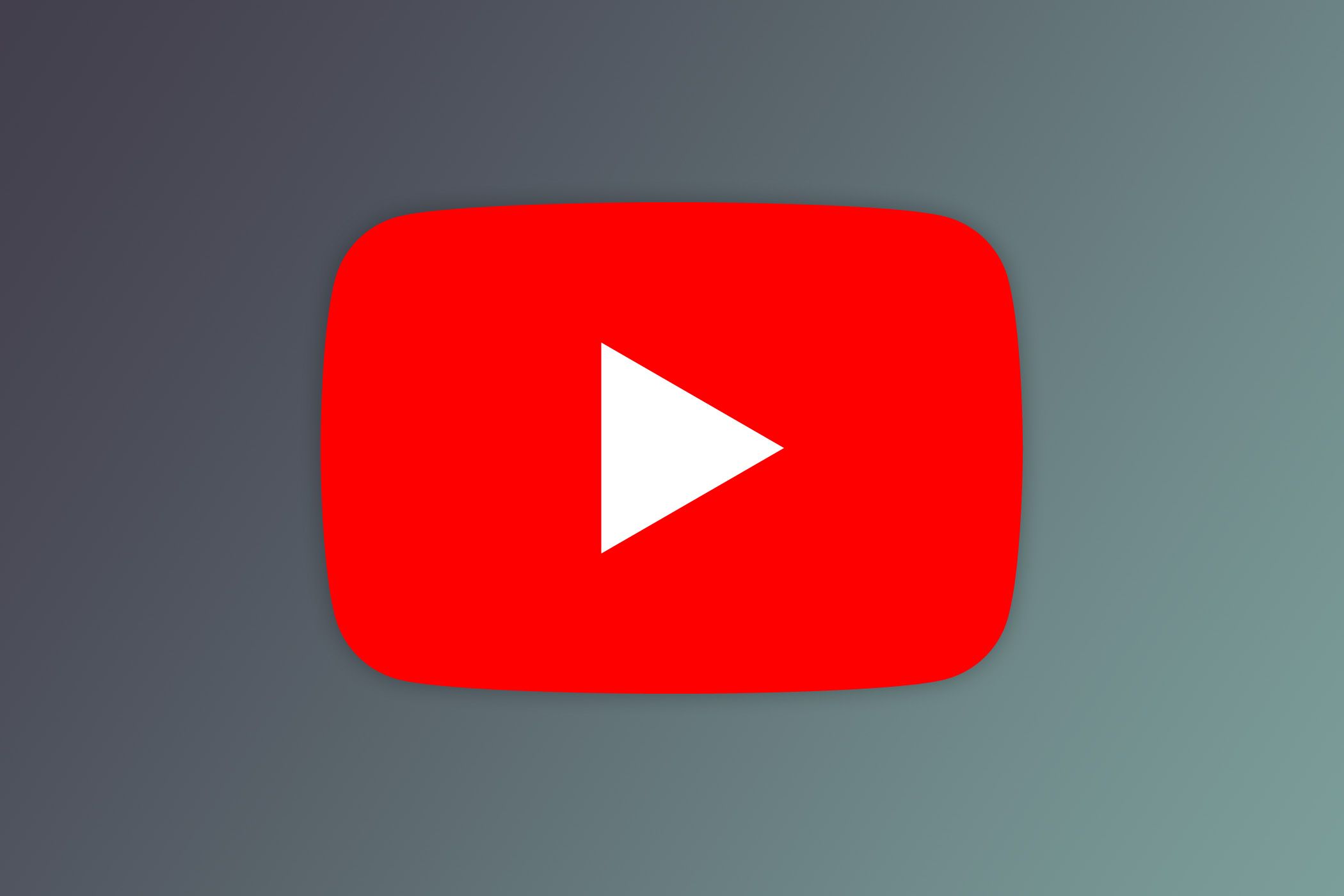Hands-On With AI for Workspace

Google is striving to prove the effectiveness of its AI assistant. Just days after showcasing customer success stories and integrating Google Gemini to Workspace, the tech giant continues to maintain its momentum. TechRepublic attended the invite-only Gemini at Work event on Sept. 26 at the industrial-chic Pier 57 office in New York City to get a closer look at the AI assistant’s capabilities.
Gemini is best at summarization, not so good at creativity
The demonstrations at the Gemini at Work event revealed that Gemini performs best when humans have already defined the parameters of a project. Gemini for Workspace integrates seamlessly across the platform, living in a sidebar.
In any Workspace application, I could ask Gemini about the pre-made company meetings, pitch decks and emails Google provided. Gemini is exceptionally effective at summarizing — and Google knows it. Pressing the Gemini star in docs will summarize the document without the user even having to enter a prompt.
Analyzing meeting notes with Gemini works fairly well, but Gemini struggles with questions that don’t immediately reference existing text. I could ask Gemini questions about the content of an email from a specific client, as the Google representative running the demo encouraged me to do. But asking Gemini “Which of these emails is most urgent?” returned no answers, even though many of the emails were non-urgent “Welcome to Gemini” messages and others were from my fictional clients.
SEE: Google’s AI Overviews puts Gemini in the ubiquitous search engine.
The AI struggled with specificity. Google’s intended demonstration was a pitch deck about a coffee shop’s fall menu. I asked Gemini to draft some marketing copy for the coffee shop, specifically referencing elements of New York City life. The resulting copy was vague. The city name was present but included no other landmarks or references to New York’s distinct culture. Asking Gemini to narrow the text to talk about Brooklyn’s Prospect Park area produced images of coffee in mugs rather than relevant results.
Prompting often takes a few tries to get right, but I don’t think human marketers with real-world knowledge of their customer base can get entire projects from Gemini. Google is aware of that. Disclaimers abound about Gemini being a creative writing tool, not an arbiter of facts. Many of the customer stories illustrate this point.
Gemini customers use AI as a starting point
Andrew Larson, chief technology and information security officer at accounting software company FinQuery, was one of many customers who tested Gemini. He said that his company wants to leverage the technology to “reduce our toil, all those mundane, kind of low-thought tasks.”
His developers double-checked Gemini’s work and validated it themselves. Meanwhile, Gemini helps reduce repetitive or rote tasks and free people up to have “innovative or big light bulb moments,” Larson said.
Colin Wilkinson, engineering manager at Etsy, said his team asked Gemini for top customer concerns, recurring issues, and how often they get tickets that need escalation. This helps product teams respond to feedback faster.
“It’s like having an advisor, a consultant or a mentor even,” Mark Cuban, “Shark Tank” investor and, most recently, co-founder of pharmaceutical company Cost Plus Drugs. Cuban was a guest speaker at the event.
VM and GM of Google Workspace Aparna Pappu interviews investor Mark Cuban at Google’s Pier 57 location in New York on Sept. 26.
His take on working with AI was cynical, saying “You can curse at it, you can call it names, it doesn’t matter.” Cuban presented AI as an alternative to hiring more people, with the added benefit AI can’t talk back — a grim look at the role of an assistant, perhaps.
Still, Google has a potentially lucrative field to fill, with 10 million existing Workspace customers who could potentially buy a Gemini add-on. Google wants to educate those potential customers as much as possible — many of the attendees of the event were executives or small business owners, some new to AI.
“It’s really important for the workforce of tomorrow to know these skills,” said VP and GM of Google Workspace Aparna Pappu.
Source link









